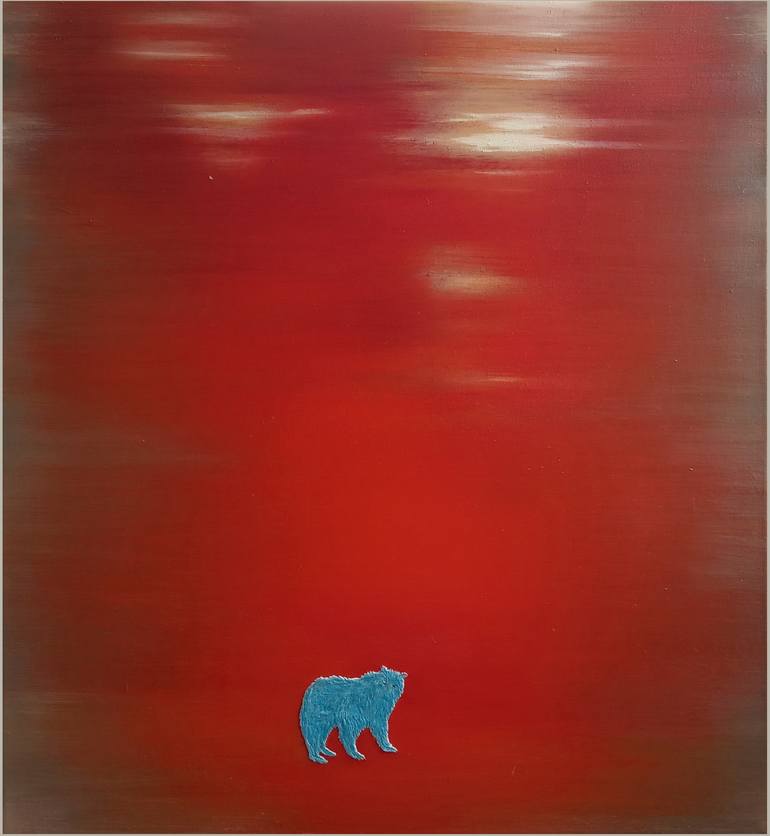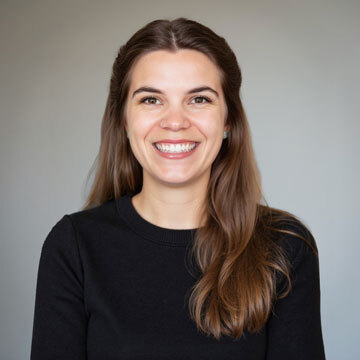







133 Views
3
View In My Room
Painting, Oil on Canvas
Size: 20.1 W x 22.4 H x 1.6 D in
Ships in a Box
$3,295
Shipping included
14-day satisfaction guarantee
Trustpilot Score
133 Views
3
Artist Recognition

Featured in the Catalog

Artist featured in a collection
ABOUT THE ARTWORK
DETAILS AND DIMENSIONS
SHIPPING AND RETURNS
"There is a certain presumption of integrity, delegated to the nature and traditionally embodied as a sight of the landscape. Equally habitually, we contrast nature’s entirety with architecture, fragmenting space, and in general all our culture and civilization, as something extra-natural and splitt...
Year Created:
2018
Subject:
Styles:
Mediums:
Painting, Oil on Canvas
Rarity:
One-of-a-kind Artwork
Size:
20.1 W x 22.4 H x 1.6 D in
Ready to Hang:
Yes
Frame:
Not Framed
Authenticity:
Certificate is Included
Packaging:
Ships in a Box
Delivery Cost:
Shipping is included in price.
Delivery Time:
Typically 5-7 business days for domestic shipments, 10-14 business days for international shipments.
Returns:
14-day return policy. Visit our help section for more information.
Handling:
Ships in a box. Artists are responsible for packaging and adhering to Saatchi Art’s packaging guidelines.
Ships From:
Georgia.
Need more information?
Need more information?
Fedora Akimova
Georgia
Fedora Akimova is a mixed-media artist specializing in installations, video, and objects. In her work, she often incorporates various textile practices such as embroidery and sewing, as well as found objects and ready-mades. Fedora Akimova was born in 1987 in Kyiv. Since March 2022, she has been living and working in Tbilisi (Georgia) and Paris. Before February 24, her work consisted of plastic experiments that explored global civilizational and philosophical questions, embodying a form of escapism into a hypothetical world without humanity. The full-scale invasion, forced relocation, and the disruption of her daily life prompted her to reconsider her identity and artistic strategy. This led to a reinvention of her artistic language and the inclusion of more politically and socially engaged themes in her work.
Artist Recognition

Featured in Saatchi Art's printed catalog, sent to thousands of art collectors

Artist featured by Saatchi Art in a collection
Why Saatchi Art?
Thousands of
5-Star Reviews
We deliver world-class customer service to all of our art buyers.
Global Selection of Original Art
Explore an unparalleled artwork selection from around the world.
Satisfaction Guaranteed
Our 14-day satisfaction guarantee allows you to buy with confidence.
Support Emerging Artists
We pay our artists more on every sale than other galleries.
